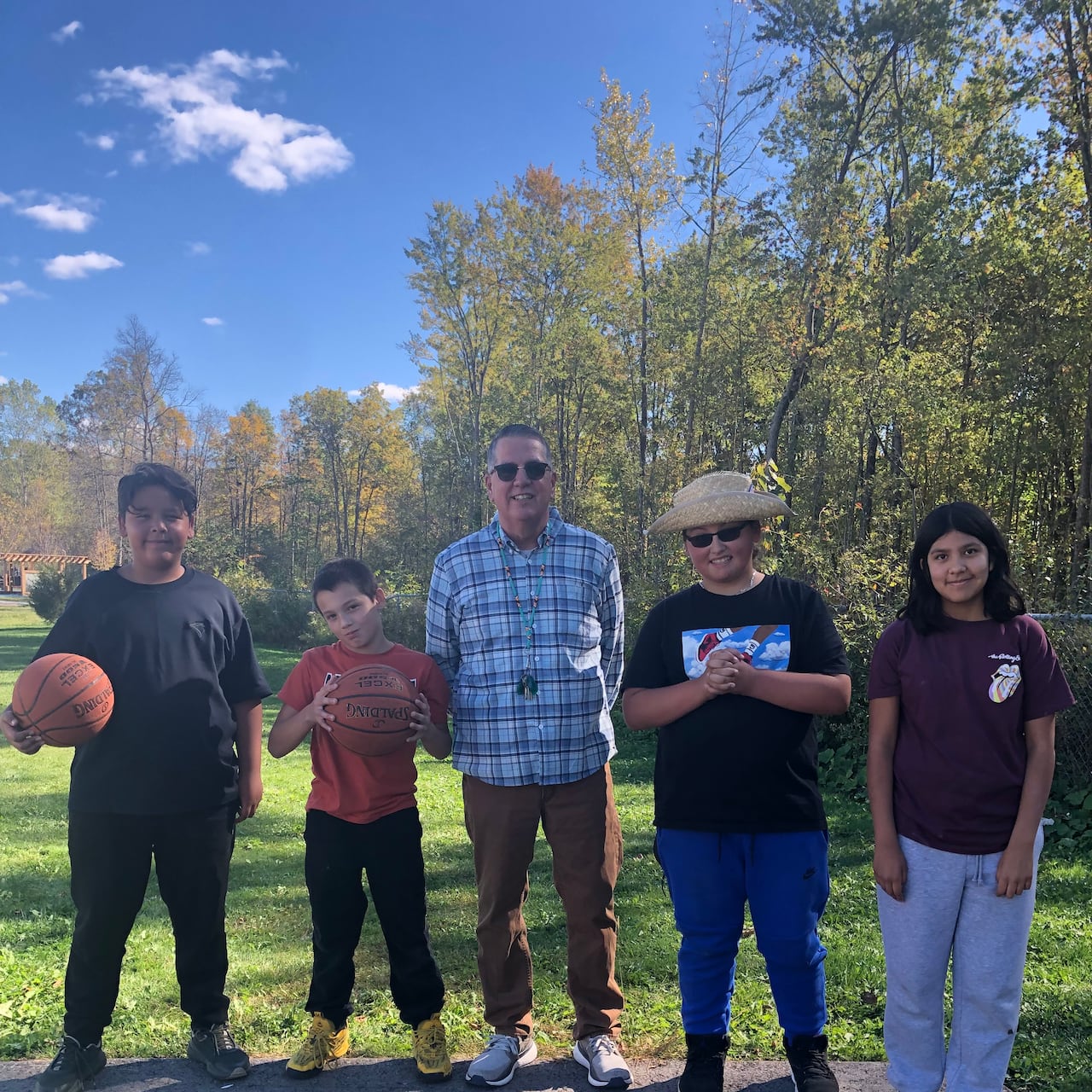First Nations educators worry 'ominous' funding letter will further impact classroom quality

A group of Indigenous educators in Ontario is calling on the federal government to increase money given to on-reserve schools instead of re-calculating how their schools are funded.
Indigenous Services Canada (ISC) sent a letter to Ontario on-reserve schools in late September acknowledging it was late giving out 2025-2026 funding, calling it an "exceptional delay".
The letter, signed by ISC's Director of Education Susan Troniak, said the department would be changing how money is allotted to each community, including the current protection of funding levels.
CBC News obtained and has reviewed a copy of the letter.
"We're told we can control our education, but we were given a shell of a system with the funding to match. There's no money for curriculum development, teacher development, libraries. All the things that provincial school boards provide schools," said Steve Styers, the education director at the Chippewas of the Thames First Nation, which runs the Antler River Elementary School, and offers secondary school and post-secondary supports.
Funding for on-reserve schools comes from the federal government on a per-pupil basis. Non-Indigenous public schools are funded by the province, also on a per-pupil basis but with the additional support from boards and provincial education resources.
ISC told educators that the cost of maintaining regional funding formulas and national common investments for language and cultural programming and full-day kindergarten has "put financial pressure on available Indigenous Services Canada funding."
The ministry blames the higher costs on rising inflation, increases in student enrolment, and having to match per-pupil provincial funding that rose after the pandemic, the federal ministry said.

The situation has left Indigenous schools unable to plan for the year or beyond, and waiting to see if cuts will be needed, said Chippewa Chief Joe Miskokomon.
"You can't program anything if you don't know what you're getting," he said. "It's placed the whole system in a state of not knowing whether you'll have resources to open. "
Funding allocations adjustedThe total budget for 2025-2026 has increased, but "some funding allocations ... have been adjusted to ensure the program remains sustainable," Eric Head, a spokesperson Indigenous Services Canada, told CBC News.
Funding has more than doubled for core elementary and high school education since 2015, he added. But this year, the ministry has for the first time removed a protection that ensured communities would get any additional funding at pre-2017-2018 levels.
Some new ancillary funding, which can go to pay for additional needs such as tutoring for a struggling student, has been cut, said Leslee White-Eye, who heads the First Nations With School Collective, a group of eight Ontario First Nations pushing for a new funding model.
Taking into account all of the aspects of education that the federal government doesn't fund, on-reserve schools get far less funding than their off-reserve counterparts, she said.
"This letter is ominous. They indicate that they'll provide money but now, due to budget constraints, they're saying they'll have to pull back on some of those committments. And they expect us to be thankful that they're keeping the core funding, that it wasn't cut this time around," White-Eye said.
First Nations want to be able to teach their own histories, cultures and languages, but need to be able to study that history and develop the curriculum in a sustainable, properly funded way, said Miskokomon.
""We want to reclaim our teachings and our stories of our territory. We want to instill lost things into our students. We want to instill our people within our students and strengthen them from within."
ISC said in the letter to educators that it remains committed to funding First Nations schools so they're "at a minimum, directly provincially comparable."
cbc.ca





